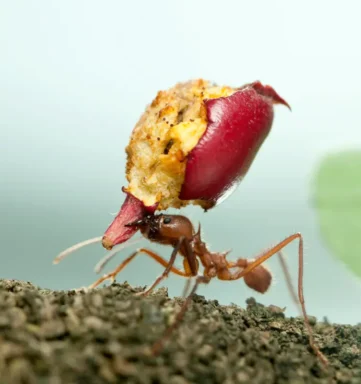Introduction
Ants, often seen as tiny architects of the natural world, play a pivotal role in our ecosystem. This article delves into the intriguing question: "What do ants eat?" By understanding their diet, we can appreciate their impact on the environment and our lives.
What Do Ants Eat: An Overview
Ants, known for their remarkable adaptability, are omnivorous creatures. Their diet is as diverse as their species, ranging from plant material to other insects. This section explores the general dietary habits of ants, providing insight into their survival strategies.
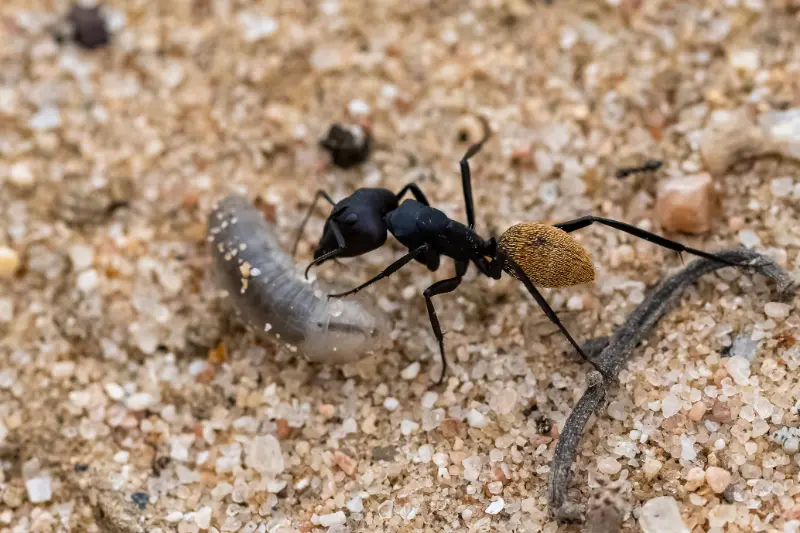
Types of Food in an Ant's Diet
The diet of an ant colony is a complex mosaic of various foods. They consume seeds, nectar, fruits, and even other insects. This section examines the various natural food sources that constitute an essential part of an ant's diet, highlighting the adaptability of different ant species.
Ants and Their Feeding Behavior
Ants exhibit fascinating feeding behaviors. They use their advanced sensory organs to locate food and communicate effectively within their colonies for food collection. This segment delves into the intricacies of how ants find and distribute food, ensuring the survival of their colony.
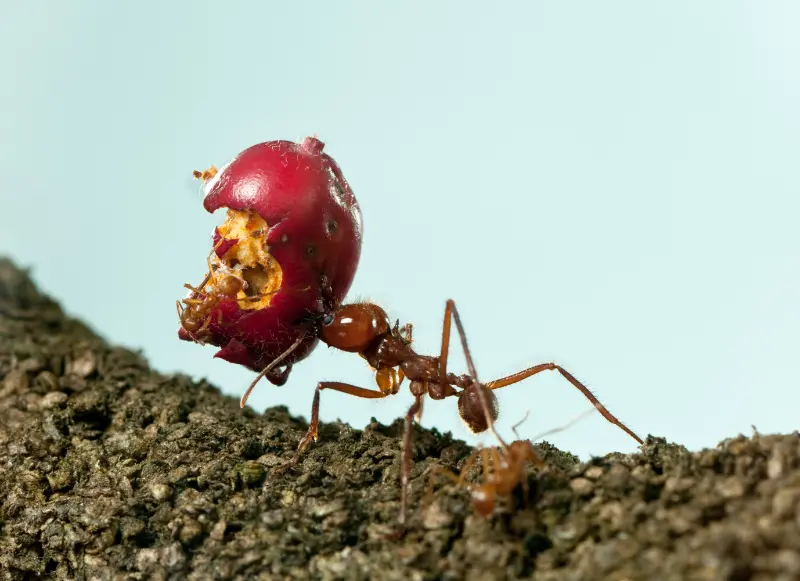
The Role of Ants in the Ecosystem
Ants are not just consumers but also contribute significantly to ecological balance. They aerate the soil, help in seed dispersal, and control pests. This section sheds light on the ecological importance of ants and their role in sustaining various life forms.
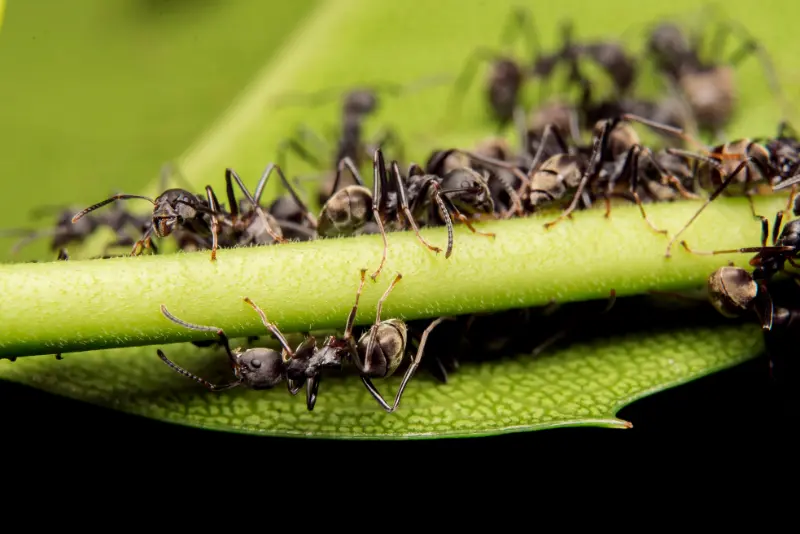
Human Influence on Ant Diets
Human activities have a profound impact on the diets of urban ant populations. This part of the article discusses how human-provided food sources alter the dietary habits of ants and the differences observed in urban versus rural ant colonies.
Ant Species and Their Unique Diets
Focusing on specific ant species, this section highlights their unique dietary preferences. From leaf-cutter ants that farm fungi to army ants known for their predatory habits, this segment offers a glimpse into the diverse dietary adaptations of various ant species.
Common Misconceptions About Ant Diets
There are many myths surrounding what ants eat. This section aims to debunk these myths, providing accurate information about the dietary habits of ants and emphasizing the importance of understanding these tiny yet significant creatures.
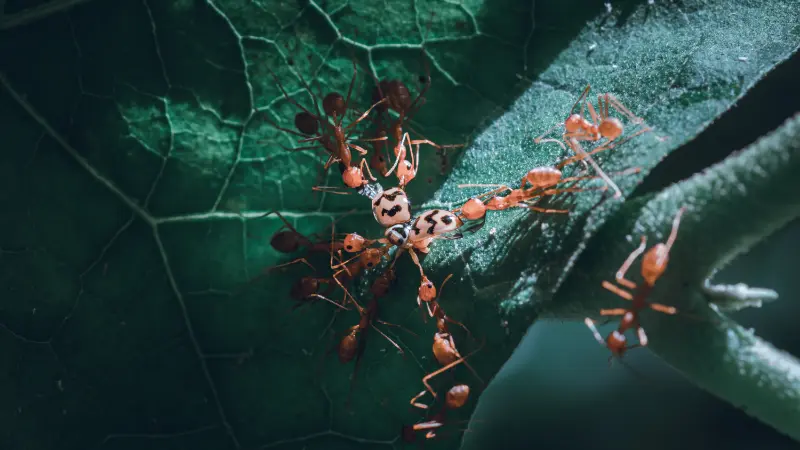
"What Do Ants Eat": FAQs
What is the primary food source for most ants?
Most ants are omnivorous and have a varied diet. Their primary food sources include plant material like seeds and nectar, as well as other insects and organic matter. Some species specialize in particular food types, adapting their diet to their environment.
How do ants find their food?
Ants find their food using their highly developed sense of smell. They leave pheromone trails for other ants to follow, which leads them to food sources. Their communication system is highly efficient, enabling them to locate food sources quickly.
Do ants eat plants or animals?
Ants are generally omnivorous, meaning they eat both plants and animals. While some species primarily feed on plant material like seeds and nectar, others are more predatory, feeding on other insects or small animals.
Can ants survive on human food?
Yes, ants can survive on human food, especially those high in sugar and protein. This is why ants are often found scavenging in kitchens or areas where food crumbs are present. However, human food is not necessarily ideal for their nutritional needs.
What impact do ants have on the environment?
Ants play several crucial roles in the environment. They help in decomposing organic matter, aerating the soil, and dispersing seeds, which aids in plant growth. They also control the population of other insects, maintaining ecological balance.
Are there any ant species with unique dietary habits?
Yes, there are several ant species with unique dietary habits. For example, leaf-cutter ants cultivate fungus, which they feed on, while army ants are known for their predatory behavior, consuming large quantities of other insects and small vertebrates.
Conclusion
Understanding what ants eat is crucial in appreciating their role in the ecosystem. These tiny creatures, with their diverse diets, not only survive in various environments but also contribute significantly to ecological balance.

